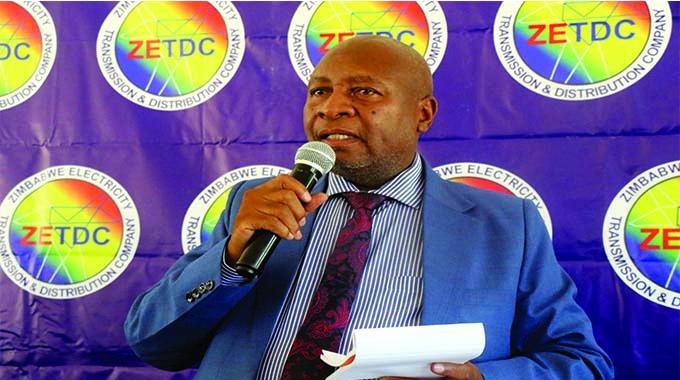News / National
Zimbabwe explores nuclear energy to bolster energy security
06 Nov 2024 at 16:37hrs |
0 Views

Zimbabwe is actively exploring the establishment of nuclear power plants in partnership with the International Atomic Energy Agency (IAEA) to address its ongoing energy challenges. While the country has substantial coal reserves, years of limited investment in thermal power infrastructure have led to persistent electricity shortages, making it difficult to meet growing demand.
Currently, Zimbabwe relies heavily on the Kariba Hydro Power Plant, with an installed capacity of 1,050 MW. However, electricity production at Kariba has been increasingly affected by droughts, which have caused water levels to drop, limiting its operational capacity.
In a recent parliamentary session, Energy and Power Development Minister Edgar Moyo announced that Zimbabwe has formally engaged with the IAEA to investigate the feasibility of nuclear power. He emphasized that this initiative is aimed at contributing to a cleaner energy mix. "Committees have been set up, which are looking into [nuclear energy development], and there are milestones that we have to meet as a country before we get to the stage of developing small modular reactors," Moyo stated, highlighting the long-term vision of integrating nuclear energy for peaceful purposes into Zimbabwe's energy portfolio.
Nuclear energy offers substantial benefits, including a low greenhouse gas emission rate compared to coal and other fossil fuels, making it an attractive option for countries looking to reduce carbon emissions. Additionally, nuclear fuel has an exceptionally high energy density, enabling it to produce significant power output from a relatively small amount of fuel.
However, the journey toward nuclear energy comes with considerable challenges. High-profile nuclear incidents such as Chernobyl and Fukushima have underscored the risks associated with nuclear power generation, raising public safety concerns. Moreover, handling radioactive waste and spent nuclear fuel remains a critical issue, as these materials require secure, long-term disposal solutions.
As Zimbabwe evaluates nuclear power's potential, the collaboration with the IAEA marks a cautious but promising step in diversifying the nation's energy sources and potentially stabilizing its power supply while aligning with global climate goals.
Currently, Zimbabwe relies heavily on the Kariba Hydro Power Plant, with an installed capacity of 1,050 MW. However, electricity production at Kariba has been increasingly affected by droughts, which have caused water levels to drop, limiting its operational capacity.
In a recent parliamentary session, Energy and Power Development Minister Edgar Moyo announced that Zimbabwe has formally engaged with the IAEA to investigate the feasibility of nuclear power. He emphasized that this initiative is aimed at contributing to a cleaner energy mix. "Committees have been set up, which are looking into [nuclear energy development], and there are milestones that we have to meet as a country before we get to the stage of developing small modular reactors," Moyo stated, highlighting the long-term vision of integrating nuclear energy for peaceful purposes into Zimbabwe's energy portfolio.
However, the journey toward nuclear energy comes with considerable challenges. High-profile nuclear incidents such as Chernobyl and Fukushima have underscored the risks associated with nuclear power generation, raising public safety concerns. Moreover, handling radioactive waste and spent nuclear fuel remains a critical issue, as these materials require secure, long-term disposal solutions.
As Zimbabwe evaluates nuclear power's potential, the collaboration with the IAEA marks a cautious but promising step in diversifying the nation's energy sources and potentially stabilizing its power supply while aligning with global climate goals.
Source - pindula
Join the discussion
Loading comments…


































